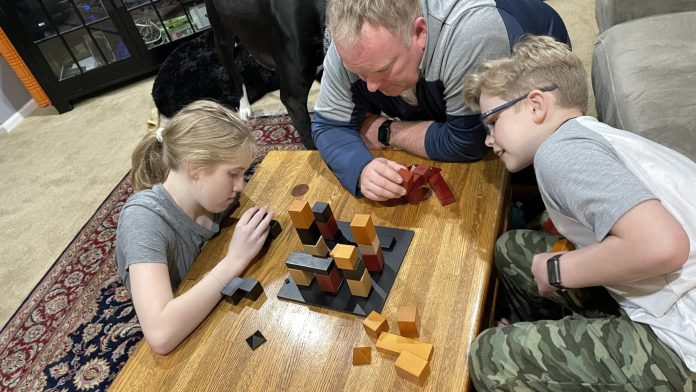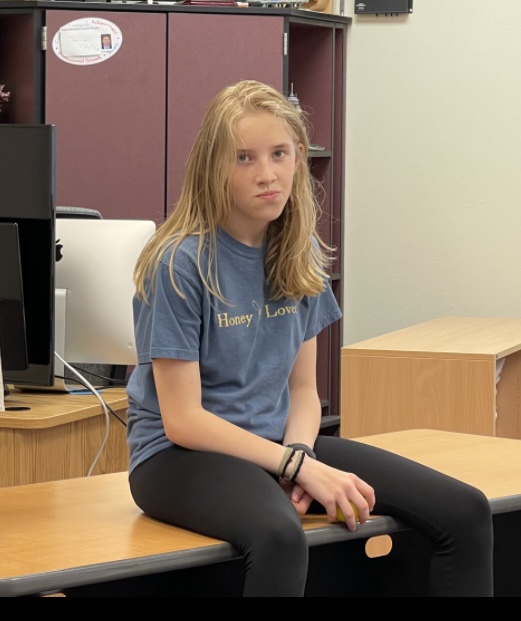
The world is a tough place. Learning to deal with disappointments, shortfalls, and consequences rather than ignore them, leads to healthier, well-adjusted people. It builds resilience. Cary Hamilton, a licensed mental health counselor and owner of Olympia Therapy, sees what happens when youth are excused or let off the hook when adults are unwilling to deal with the discomfort of enforcing consequences. That includes their own uneasy feelings, as well as their children’s. Opportunities to grow resilience are missed.
Olympia Therapy is seeing new levels of stress this spring as another school term gets underway. There’s a flurry of energy to catch up unfinished business. Parents are angry that their children didn’t keep up with schoolwork, and at the same time they may be angry at themselves for not staying on top of everything, too.

Olympia Therapy Explains: Facing Consequences Builds Resilience
Sweeping feelings under the rug doesn’t work in the long run. Anxiety remains and issues don’t really disappear. When youth are not required to face and then live with consequences, they are led to believe that it didn’t matter anyway. That can translate into, “I don’t matter either.”
For example, your household has rules around chores or allowance. Your child does not complete the chore or asks for extra money. When the parent enforces the consequence, which could be less screen time or not providing extra money for the activity, the youth learns that actions create consequences. It is less about thinking consequences are good or bad, but rather what you do with your feelings about them. Parents can also use practice to deal with their own disappointment or anger.
Tweens and teens are experts at throwing daggers into the hearts of their parents. “You are so mean. You don’t understand.” As the adult in the room, it’s your role to stay calm. You can simply agree. “Yes, I am mean and horrible.” Then you stick to your guns. “Parents don’t want emotional whiplash,” explains Cary. Fighting back and forth with a tit-for-tat is a trap that perpetuates the angst.

When children have no experience dealing with life’s minor bumps as they grow up, how do you imagine they will deal with the greater challenges of becoming an adult? Now young adults in college with failing grades want their parents to fix it. When adults are faced with cash shortages, choices must be made. It is important to know that showing up for work late each day is cause for dismissal. Children who never or rarely face consequences don’t know these things. A youth’s early, low stake mistakes are practice for the future.
“Parents do anything to keep kids from feeling uncomfortable,” says Cary. Of course, we want our children to be safe and comfortable. It’s not easy to see your children face consequences. Yes, this post-COVID time is hard. Yes, there are wars going on. Yes, there is political division. “Parents feel fearful that kids’ lives have been so negative, don’t want their children to experience anymore negative,” she adds. Giving your children a pass on consequences is no favor to their emerging self-reliance.

Olympia Therapy Explains: Toxic Positivism
We are told to find the silver lining in any situation. There is merit in this, however, some circumstances are very difficult and painful. It’s okay to admit that. When the negative is glossed over, people can believe there is something horrible about them if they don’t see a positive. They can think, “I have a bad thought; therefore, I am a bad person.” Cary recommends that you validate the hard reality and go from there.
Olympia Therapy Explains: Ideas for Parents Enforcing Consequences
Parents need to remember they are the adults, and that parenting is not always fun. Parents need to let their children know that they will be with you and that you are not afraid to be in the discomfort. You reinforce ‘we can survive this.’ This is how you build resilience. For one to fully know joy and success, you need to experience sadness and failure.
A parent’s job is not to save kids from being uncomfortable. Remember that youth are dramatic.

Be willing to lean into the situation instead of resisting or ignoring it. “It’s tricky,” says Cary. It’s easy to go to anger and frustration.
“Children always look to us,” coaches Cary. They are always watching how you react to discomfort. They will copy you. Remind yourself that setting an example has more power than telling them what not to do or what to do.
Take good care of yourself. Parents who are eat healthfully and get enough sleep are better prepared for handling all the negatives that show up. This is true for all members of your family. Spend time with your children doing what they like to do. Be willing to listen. When they are open to you, stop what you are doing and pay attention.
We all can nourish our resilience. There is abundance of information at the Olympia Therapy website.
Olympia Therapy
360.357.2370
Sponsored



















































